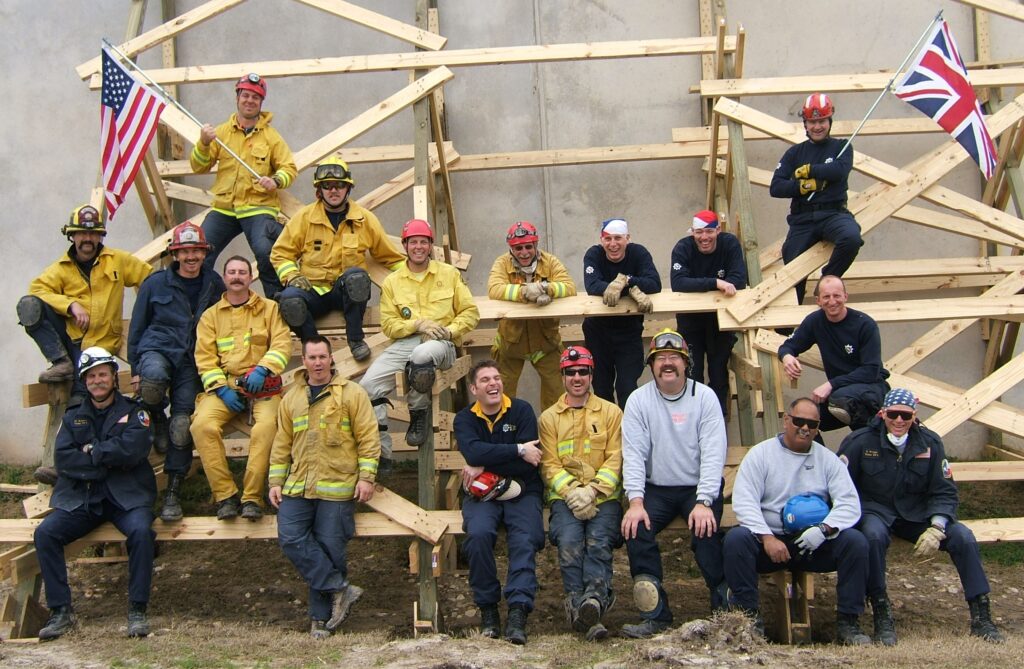TEEX International Program Makes a Difference Training Fire and Emergency Services Professionals Worldwide

In 2004, teams of first responders from the United Kingdom came to Texas A&M Engineering Extension Service (TEEX) to train in Urban Search and Rescue, including training on breaching, shoring and structural collapse. When the 7/7 terror attack hit London’s subway system with a series of bombs the following year, first responders used techniques they had learned at TEEX. London’s Fire Commissioner at the time, Sir Ken Knight, described on CNN the importance of the training first responders had received at TEEX, saying, “We had taken the view that it was when rather than if, and had a high level of training in place, including a number of London firefighters that trained at Texas A&M for anti-terrorist activities…. This day was the reality of that training.”
This is just one profound example of the importance of TEEX’s global training. TEEX trains people around the world, thanks to its International Program, which became a stand-alone program in the mid-2000s. The International Program is a hub for all international training activities, organizing training, creating contracts and ensuring TEEX meets global customer needs.
One part of the International Program includes what are called Cooperative Learning Centers (CLCs). A CLC contracts with TEEX to provide Fire and Emergency Services training, including industrial fire, municipal fire, HazMat and Urban Search and Rescue. TEEX closely monitors CLC facilities and curriculum to ensure that all training meets TEEX’s rigorous course objectives and safety standards. TEEX has CLCs in Mexico, Panama, Bolivia, Peru, Chile, Colombia, Ecuador, Puerto Rico, Indonesia, New Zealand, Germany and Spain. New CLCs this year include Malaysia, Taiwan and the Dominican Republic, and there are more under discussion.
But CLCs are just one aspect of TEEX’s International Program. In addition to having locations around the world, the program also brings corporations such as BP, Shell, Dow Canada and others to Brayton Fire Field to train in Texas. Government employees and first responders from many countries have also come for training.
Chief Gilf Gersh with BAZAN Group in Israel has trained at TEEX and says, “From our experience in the dozens of courses we have taken at TEEX, we witness that in all scenarios, the BAZAN group emergency team knows exactly how to respond to fire incidents. The training area at TEEX allows us as an emergency team from a large petrochemical complex in Israel to train on a large number of scenarios relevant to our reality.”
Brian Freeman, Program Director for International Business, says the significance of the International Program is that it “ensures the responders who attend this training are going to go home to their families at night because they attended TEEX training at Brayton or a CLC. Responders around the world are able to receive first-class training that keeps them and their communities safe.”
For more information about the International Program, please see https://teex.org/training/international-emergency-response-training/ or contact Brian Freeman at [email protected]. For questions in Spanish or for information about Spanish language training, contact Ulises Penalvar at [email protected].
Distributed by:
Texas A&M Engineering Extension Service
Vita Vaughn | Director of Marketing and Communications/CMO
[email protected]
